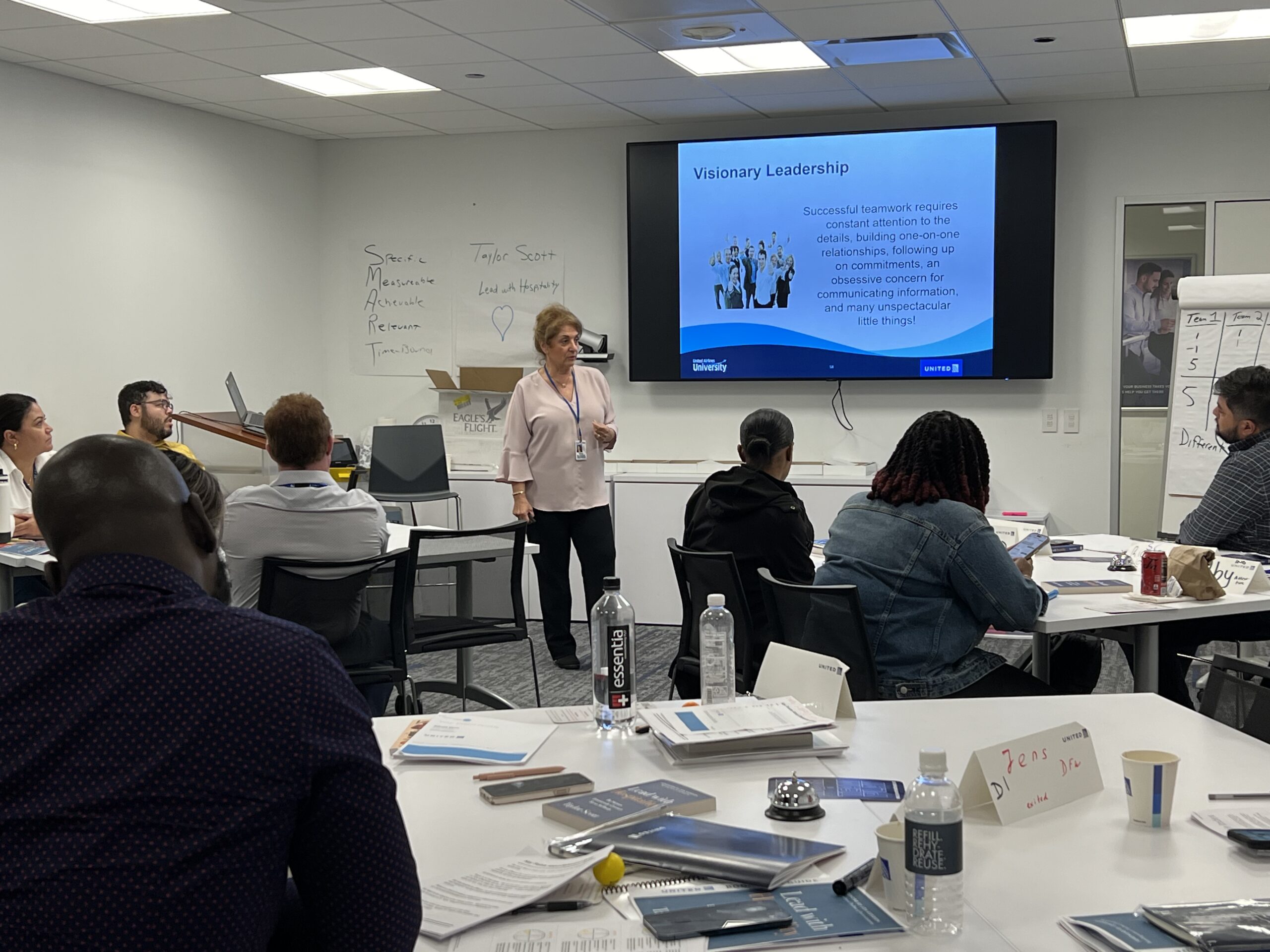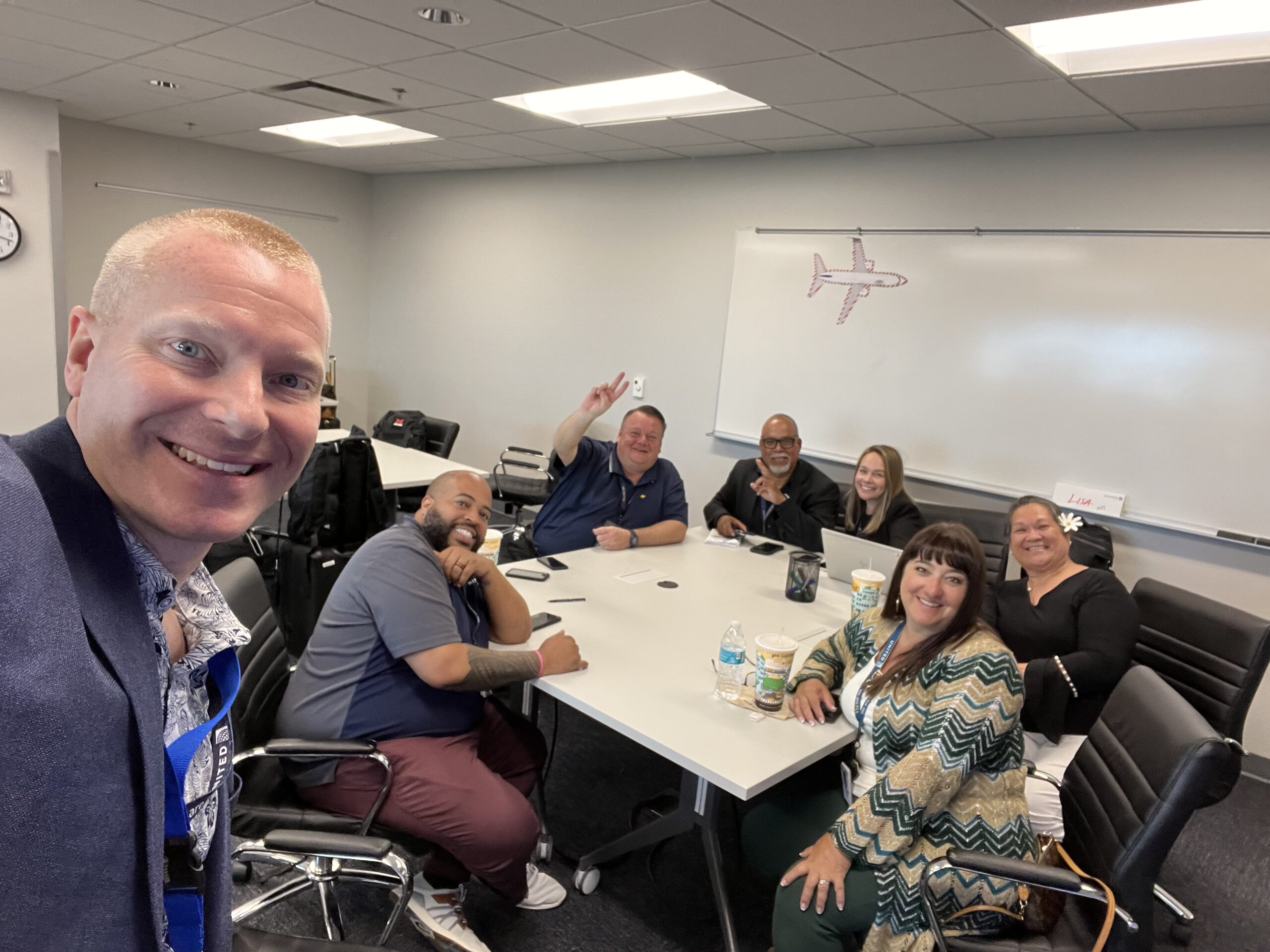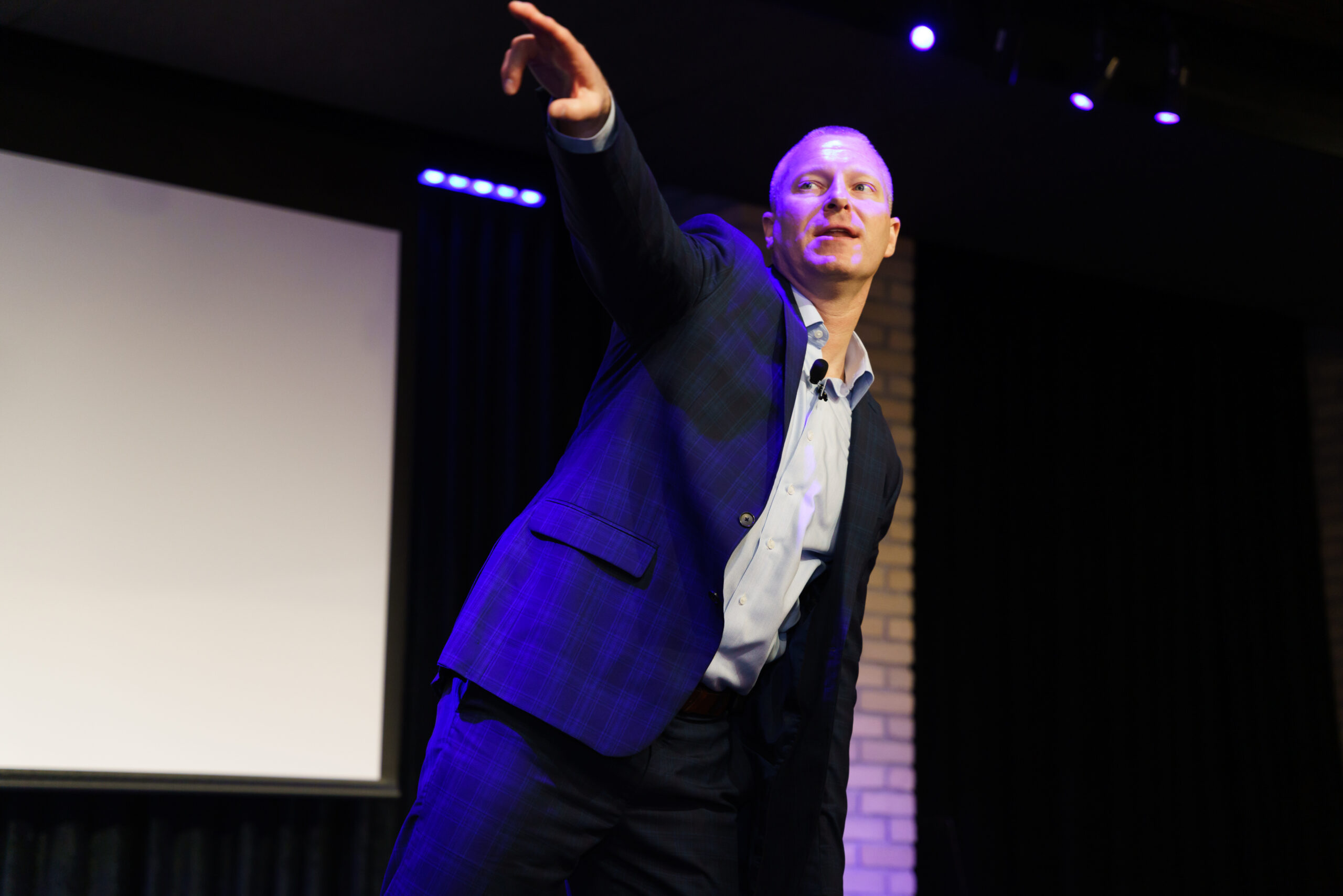Cultivating Joy and Inspiration: Five Ways Leaders Can Empower Their Teams
1 - Actively Pursue Inspiration Successful leaders understand the importance of continuous growth. They actively seek inspiration through podcasts, books, audiobooks, TED Talks, conferences, and community groups. Just like athletes who master their craft, leaders feed their minds and souls to foster personal growth and inspire others. By pursuing self-mastery, they set an example of dedication
Four Ways to Inspire Your Team to Deliver Outstanding Results
In the pursuit of leadership excellence, inspiration is not just a tool; it's the essence that drives teams to greatness. Effective leaders understand that storytelling is a powerful method to influence and inspire action. By sharing stories that resonate emotionally, leaders can foster deeper connections and align their teams with the organization's vision. As Simon
The Enduring Gifts of Coaching
As leaders, mentors, and coaches, our words and actions hold immense power. Whether you're guiding a team, leading in corporate America, or mentoring in your community, your influence can shape lives in profound ways. If you're on the brink of a leadership role or already in one, remember this: they're watching you. Your team sees your
Mastering Informal Feedback: The Art of Everyday Coaching
Feedback is more than just a conversation—it's a catalyst for growth and positive change within teams. When informal feedback is integrated into daily interactions, it shapes not only performance but also attitudes and mindsets, paving the way for enhanced business outcomes. Great leaders excel in delivering both informal and formal feedback, understanding the impact of each
Mastering Goal Setting: A Guide for Exceptional Leaders
In the hustle and bustle of everyday tasks and projects, it’s easy to find ourselves a mile downstream without a paddle. Sound familiar? The frustration of missed opportunities and underwhelming results often leads us to scramble for a plan only after things have gone awry. But there’s a better way. Great leaders and those who lead
Guiding Your Team with Strategic Coaching for Success
Research from the Gallup organization reveals a concerning truth about employee feedback and performance management: Only 25% of employees "strongly agree" that their manager provides meaningful feedback, and even fewer, 21%, feel their performance is managed in a way that motivates them to excel. When leaders pause their busy schedules—calls, emails, meetings—to spend quality time with their
The Impact of Grace: Leading with Kindness, Elegance, and Compassion
Power often benefits those who possess it most, limiting its positive impact to a select few. It comes with conditions, favoring those who can fulfill its demands. Money, while useful for material things, cannot buy true love, quality time, or pure happiness. Focusing solely on money means missing out on the deeper joys found in contentment,
Cultivating an Amazing Workplace Culture with Grace and Gracefulness
Practicing grace, especially when people least expect it or may not even deserve it, has a profound impact on making them feel important. It's extraordinary and special. The word "special" inherently evokes positive feelings—words like remarkable, exceptional, and significant—making people feel valued and significant. When grace permeates our actions, words, gestures, and demeanor, it uplifts the
Empowering Leadership: A Tale of Confidence and Success
In a corporate world where challenges abound, a 32-year-old Sales Performance Manager faced a daunting task. Supporting multiple locations, her role was to inspire and drive sales while coaching and motivating frontline associates. One day, her District Manager entrusted her to run the operations, a responsibility usually outside her role. Amid nervousness, the District Manager handed
The Power of Championing Others
Champions are extraordinary. They're not just the best or the winners; they're the ones who have earned respect through their talent and skill. But champions rarely achieve greatness alone. Behind every champion, there's a network of coaches, mentors, leaders, and supporters who encourage and uplift them along the way. According to Merriam-Webster, a champion is not















